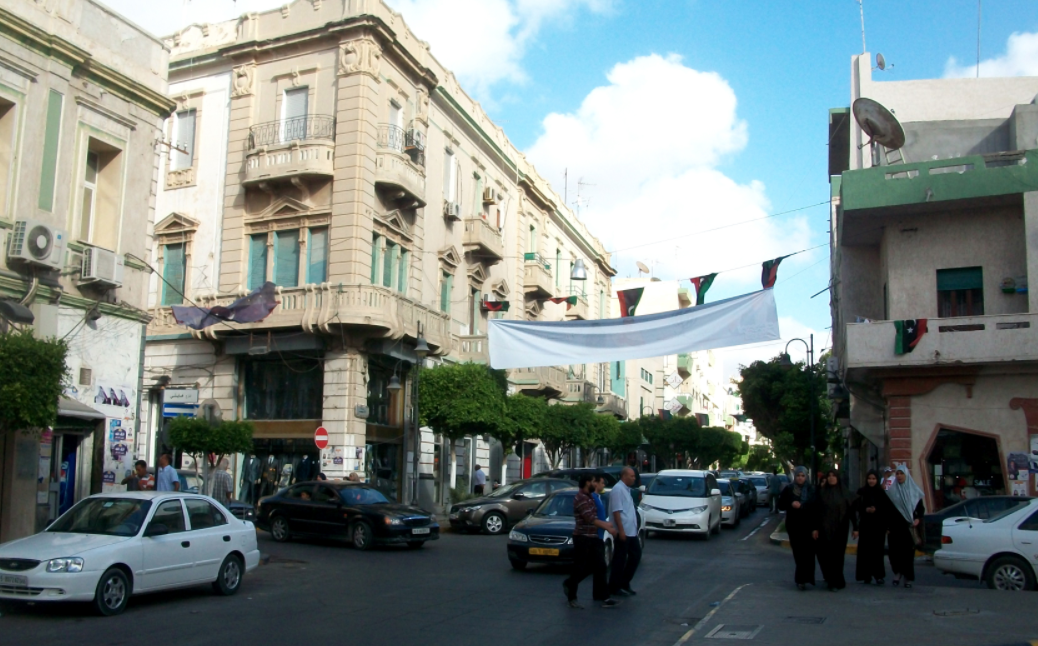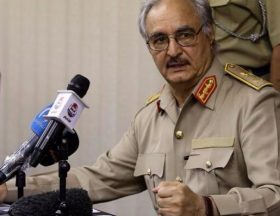The Ministry of Finance confirmed that its customs authority would allow the importation of goods without respecting the payment restrictions in force prescribed by the Central Bank of Libya (BCL), in accordance with the decree of November 24, 2020. For its part, the Central Bank of Libya (BCL) has published the budget data for the first 10 months of 2020.
As a reminder, the GEN decree of August 2020 stipulated that the period during which traders could import goods without a LC would end on December 31, 2020. The BCL has established a restricted list of goods that can be imported via the LCs that it considers to be necessary goods and products, in an attempt to preserve Libya’s hard currency reserves.
However, these restrictions have led to the development of the black market for the import of goods not appearing on the BCL list, causing an increase in the demand for hard currencies on the parallel market, and therefore an increase in the price of these currencies, with a ripple effect on inflation and the cost of living.
The Central Bank of Libya (BCL) has published budgetary data for the first 10 months of 2020, which should be taken with caution given their opaque and fragmented nature.
Over the period from January 1 to October 31, 2020, budget revenue was limited to 4 billion LYD according to the BCL, far from the initial target of 8.1 billion LYD. Due to the closure of oil installations between January and September 2020, oil revenues over the first 10 months of 2020 amounted to only LYD 2.4 billion and represented 59.6% of budget revenues (compared to 92.6% on year 2019). Other revenue is mainly tax revenue (485 M LYD, or 12.0% of total budget revenue).
Revenue from the currency sales tax is however recorded separately and is not included by the BCL in total revenue, although it would amount to LYD 15.1 billion at the end of October 2020, of which 1.6 billion LYD has been allocated to finance public investment, and the rest allocated to repay the public debt.
Over the same period, budgetary expenditure would amount to 26.8 billion LYD (32.1 billion LYD initially planned). The BCL therefore registered a loan of 22.3 billion LYD to cover the “deficit”. Salaries, the first item of expenditure, would represent 61% of total public expenditure at the end of October 2020, followed by subsidies (17%), goods and services (11%), and emergency expenditure (10%).
Regarding subsidies: 62% are fuel subsidies, 15% for drugs, 13% for electricity, 7% for sanitation and 4% for water. While the BCL denounces the inaccuracy of data from the National Oil Corporation (NOC), the NOC issued a statement to refute the accusations.
The NOC thus declares that the real oil revenues deposited with the BCL during the first 10 of the year 2020 amounted to 3.7 billion USD, or 5.2 billion LYD according to the official exchange rate (and not 2, 4 billion LYD as presented by the BCL). The NOC asks the BCL to correct its statements, and says that failing to correct it, the NOC will resort to the authority of the attorney general.
Source French Embassy in Tunisia










